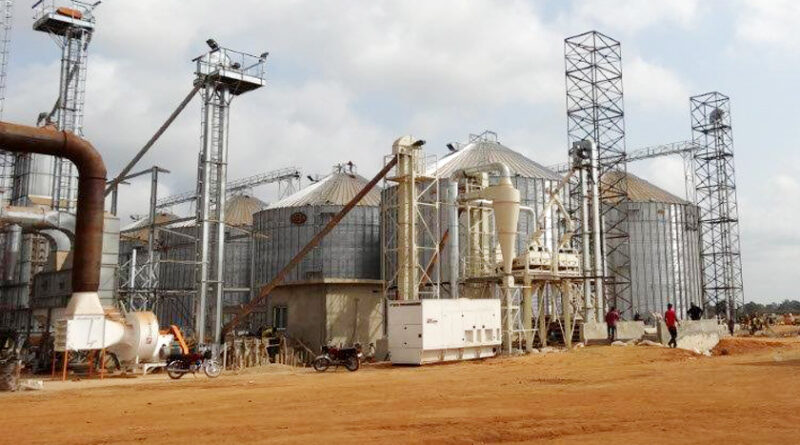Punjab: Soaked paddy piles up in Majha grain markets
Paddy with high moisture content has piled up in the grain markets of Punjab’s Majha region since the rice millers are not keen on lifting the stock. Tarn Taran district alone has more than 1 lakh metric tonnes (LMT) of this stock that arrived last month in days of intermittent showers during the millers’ strike.
The unusual situation has made the arhtiyas (commission agents) and farmers fearful of quality deduction from the payment received for the procured but non-lifted paddy. The rice millers blame the Food Corporation of India for no freight charges and the arhtiyas for improper care of the grains. The arhtiyas claimed they didn’t have the driers.
A moisture content of 17% is permitted at the time of paddy procurement, while some of the non-lifted paddy is 22 to 28% wet. In Amritsar, Mehta Grain Market Arhtiyas Association president Sukhdev Singh said: “We have more than 1 lakh non-lifted sacks of procured paddy. It is an unprecedented situation. Some of the stock is from October 4. I have 10,000 pending sacks. The arhtiyas can’t be blamed for paddy’s quality after the crop was procured in the presence of the food inspectors. Even when the stock movement resumed, the old stacks were not moved.”
A a rice miller said on the condition of anonymity that: “Almost every mandi in Amritsar, Gurdaspur, and Tarn Taran has 20,000 to 50,000 bags of non-lifted paddy. The grains have a high moisture content already and their quality is deteriorating. A new policy of denying freight charges to the rice millers has complicated the situation. Usually, the millers dry up the stock, but a 10-day strike exposed the paddy to unfavourable conditions. Since the millers must supply fortified rice to the Centre, we didn’t want to compromise on quality.”
Even though the millers have release orders (ROs) for lifting, many have defaulted, preferring to pay a nominal penalty of Rs 50 a tonne instead of accepting the unsatisfactory stock. Non-payment of freight charges dissuaded the rice millers from going to the five surplus districts, including Amritsar, Gurdaspur, and Ferozepur. Consequently, even though the stock was taken care of on paper – with ROs issued to the millers – there was no physical stock movement.
Punjab Federation of Arhtiyas Associations president Vijay Kalra said: “The problem of high moisture content came up when the stock movement halted during the millers’ strike. The arhtiyas had no option but to keep the sacks in the grain markets.”
This article has been republished from The Times of India.

